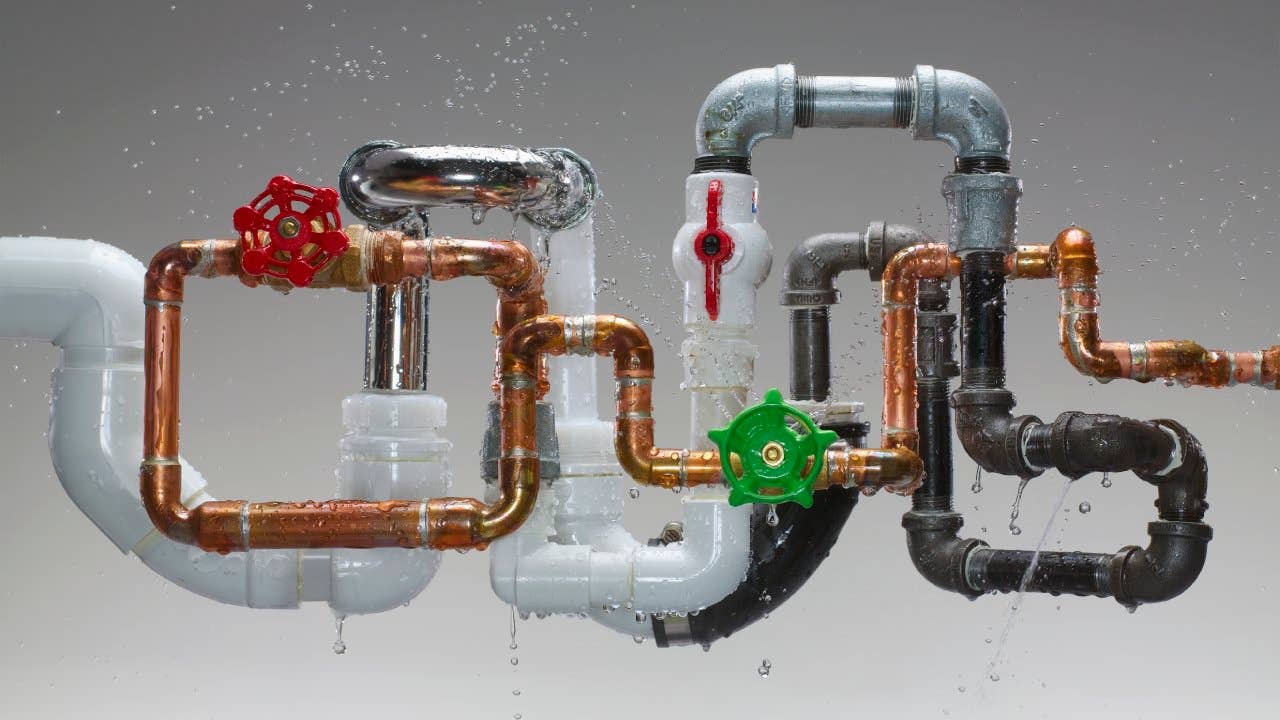

Articles
Where Did The Word Plumbing Come From
Modified: August 28, 2024
Discover the origin of the word plumbing with our informative articles. Explore the fascinating history behind this essential aspect of modern plumbing systems.
(Many of the links in this article redirect to a specific reviewed product. Your purchase of these products through affiliate links helps to generate commission for Storables.com, at no extra cost. Learn more)
Introduction
Plumbing is an essential aspect of modern living, allowing us to have clean water and efficient wastewater removal in our homes and buildings. But have you ever wondered where the word “plumbing” comes from? The origins of this term are fascinating and offer a glimpse into the history of this vital trade.
In this article, we will delve into the etymology of the word “plumbing” and explore how it has evolved over time. From ancient civilizations to medieval Europe and the development of modern English, we will uncover the origins and meanings behind this everyday term.
Understanding the origins of plumbing terminology not only provides insights into the language but also highlights the rich history of plumbing as a critical aspect of human civilization.
So, let’s embark on a journey through time and explore the fascinating origins of the word “plumbing”.
Key Takeaways:
- The word “plumbing” has its roots in the Latin term “plumbum,” meaning “lead,” reflecting the historical use of lead pipes. The evolution of plumbing terminology showcases the rich linguistic heritage of this essential trade.
- From the aqueducts of ancient Rome to the cast iron pipes of the Industrial Revolution, plumbing terminology reflects the constant innovation and improvement in plumbing systems, highlighting the crucial role of this trade in human civilization.
Read more: Where Did The Bidet Come From
Origins of the Word Plumbing
The word “plumbing” can be traced back to the Latin word “plumbum,” which means “lead.” In ancient Rome, lead was commonly used for pipes and drainage systems. The Latin word “plumbum” eventually gave rise to the Old French word “plomberie,” which referred to the craft of working with lead.
As time went on, the term expanded to encompass not only the use of lead but also the entire system of pipes and fixtures used for water distribution and wastewater removal. This broader meaning of the word “plumbing” eventually made its way into the English language.
Interestingly, the connection between plumbing and lead remains significant. The chemical symbol for lead on the periodic table is “Pb,” derived from the Latin term “plumbum.” This further illustrates the historical association between plumbing and the use of lead pipes.
The term “plumbing” has now become synonymous with the entire field of water distribution and drainage systems. From residential plumbing to commercial plumbing and even industrial plumbing, the word encompasses the vast range of skills and technologies employed in this essential trade.
Roman Influence on Plumbing Terminology
The Romans were pioneers in the field of plumbing, and their advancements in engineering and infrastructure had a significant influence on plumbing terminology. Many of the words and concepts we use today when referring to plumbing can be traced back to ancient Roman practices.
One key aspect of Roman plumbing was the development of aqueducts, which allowed for the transport of water over long distances. The word “aqueduct” itself comes from the Latin words “aqua” (water) and “ducere” (to lead). These impressive structures used gravity to channel water into cities and towns, providing a constant supply of fresh water.
The Romans also developed intricate systems of lead pipes (or “plumbum”) to distribute water within buildings. The Latin term “Aquaeductus” refers to the pipes that carried water from the aqueducts to specific locations. This term eventually evolved into the modern English word “aqueduct” that we use today.
Another significant contribution of the Romans was the development of public bathhouses. These complex structures required extensive plumbing systems to provide a constant flow of water and wastewater management. The Latin term “balneum” referred to these bathhouses, and it is believed that this word influenced the development of the English word “bathroom.”
Additionally, the Romans had a class of skilled craftsmen known as “aquarii,” who were responsible for maintaining the water supply and plumbing systems of the time. The Latin word “aquarius” referred to these plumbers or water workers.
It’s clear that the Romans played a crucial role in the development of plumbing technology and terminology. Their advancements laid the foundation for modern plumbing systems and influenced the language associated with this essential trade.
The word “plumbing” comes from the Latin word “plumbum,” which means “lead.” This is because the Romans used lead pipes for their plumbing systems.
Medieval Plumbing Terminology
During the Middle Ages, plumbing technology underwent significant changes, which also had an impact on the terminology used in the field. While the Roman Empire’s infrastructure and plumbing systems declined, new terms emerged to describe the evolving practices of water management.
One notable development during this time was the construction of elaborate castle and manor plumbing systems. As castles and manors became more common, so did the need for efficient water supply and sanitation. The medieval term “waterworks” referred to the infrastructure and mechanisms used to channel water within these buildings.
The term “privy” also emerged during the medieval period. It referred to a small room or outhouse used for personal hygiene and waste disposal. The word “privy” comes from the Old French word “privé,” meaning private or separate.
In medieval cities, public fountains and wells played a crucial role in providing access to clean water. The term “wellhouse” was used to describe the housing or structure built around a well, ensuring its protection and ease of use.
Plumbing systems in medieval times often relied on wooden pipes to transport water. These pipes were typically made from hollowed-out logs or wooden planks. The term “gutter” originally referred to these wooden pipes used for drainage or water transport.
Further advancements in plumbing technology during the medieval era led to the development of flushing toilets. Although more rudimentary compared to modern toilets, these early versions were known as “garderobes” or “garderobe closets.” These facilities, typically located in castles or manor houses, were equipped with a chute or drain that carried waste away.
The language used to describe plumbing during the medieval period reflected the growing understanding and complexity of water management systems. From waterworks and privies to wellhouses and gutters, these terms provide insight into the advancements and infrastructure of the time.
Evolution of Plumbing Terms in Modern English
As the English language evolved, so did the terminology related to plumbing. The Industrial Revolution and advancements in engineering during the 18th and 19th centuries brought about significant changes in plumbing systems, which led to the creation of new words and phrases.
One notable development was the use of cast iron pipes in plumbing systems. The term “cast iron” itself refers to the manufacturing process of pouring molten iron into molds. This material revolutionized plumbing, providing a more durable and reliable option for distributing water.
The invention and widespread adoption of the flush toilet in the 19th century also led to the creation of new terms. The word “toilet” itself was derived from the French word “toilette,” which originally referred to the act of getting ready or grooming oneself. Over time, it came to be associated with the plumbing fixtures used for waste disposal.
With the rise of indoor plumbing, the term “plumber” became widely used to describe a professional skilled in installing and maintaining plumbing systems. The word “plumber” is derived from the Latin word “plumbum,” meaning lead, which reflects the historical association with the use of lead pipes.
As plumbing systems became more complex, specialized terminology emerged to describe different components and processes. Terms such as “siphon,” “trap,” “valve,” and “faucet” entered into everyday usage as specific devices and fixtures were developed to regulate water flow and waste disposal.
In recent years, with the increased focus on water conservation and sustainability, new terms have emerged in the plumbing industry. “Greywater systems” and “rainwater harvesting” are examples of these new concepts, referring to methods of reusing and conserving water resources.
The evolution of plumbing terms in modern English showcases the advancements in technology and the changing needs of society. From cast iron pipes and flush toilets to the emergence of eco-friendly practices, these terms reflect the constant innovation and improvement in plumbing systems.
Read more: Where Did The Game Cornhole Come From?
Conclusion
Exploring the origins and evolution of plumbing terminology gives us a deeper understanding of the rich history behind this essential trade. From the Latin word “plumbum” to the complex plumbing systems of ancient Rome, the field of plumbing has a fascinating linguistic heritage.
The influence of the Romans on plumbing terminology cannot be understated, with words like “aqueduct” and “plumbum” still relevant in modern plumbing discussions. The medieval period brought about its own set of terms, reflecting advancements in water management and sanitation.
In more recent times, the Industrial Revolution and technological advancements have led to the creation of new plumbing terms. Cast iron pipes, flush toilets, and innovative devices have shaped the language used in the plumbing industry today.
As plumbing systems continue to evolve, new terms have emerged, reflecting environmental consciousness and the need for sustainable practices. Words like “greywater systems” and “rainwater harvesting” represent a shift towards water conservation and responsible usage.
In conclusion, plumbing terminology has a rich and diverse history that stretches back to ancient civilizations. The language associated with plumbing reflects the advancements in technology, engineering, and societal needs throughout the ages.
By understanding the origins and meanings behind plumbing terms, we gain a greater appreciation for the complexity and importance of this trade. From the aqueducts of Rome to the cast iron pipes of the Industrial Revolution, plumbing has played a crucial role in our lives and continues to do so today.
So, the next time you turn on a faucet or flush a toilet, take a moment to appreciate the linguistic journey that has brought us these essential plumbing fixtures and systems.
Frequently Asked Questions about Where Did The Word Plumbing Come From
Was this page helpful?
At Storables.com, we guarantee accurate and reliable information. Our content, validated by Expert Board Contributors, is crafted following stringent Editorial Policies. We're committed to providing you with well-researched, expert-backed insights for all your informational needs.

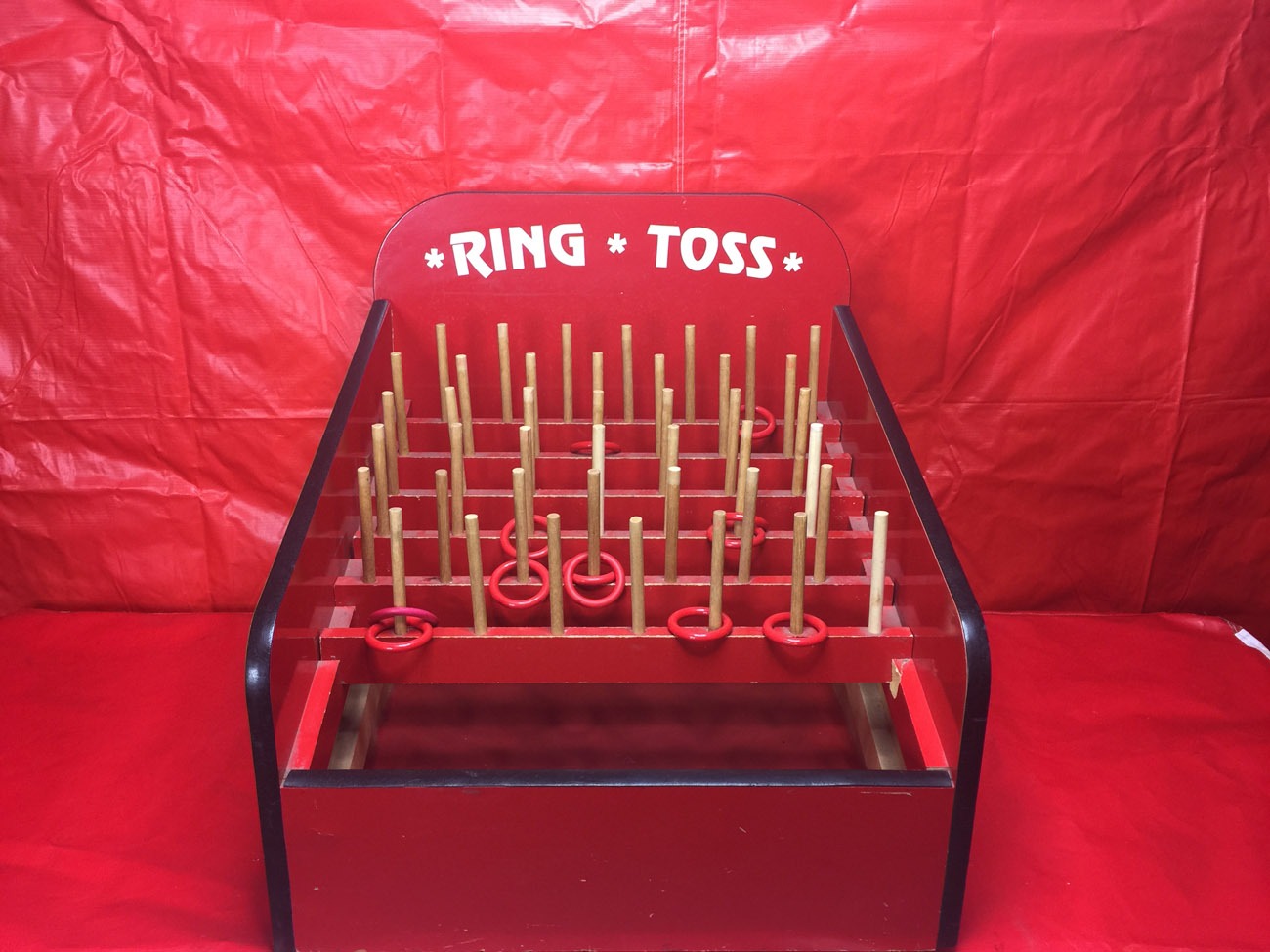
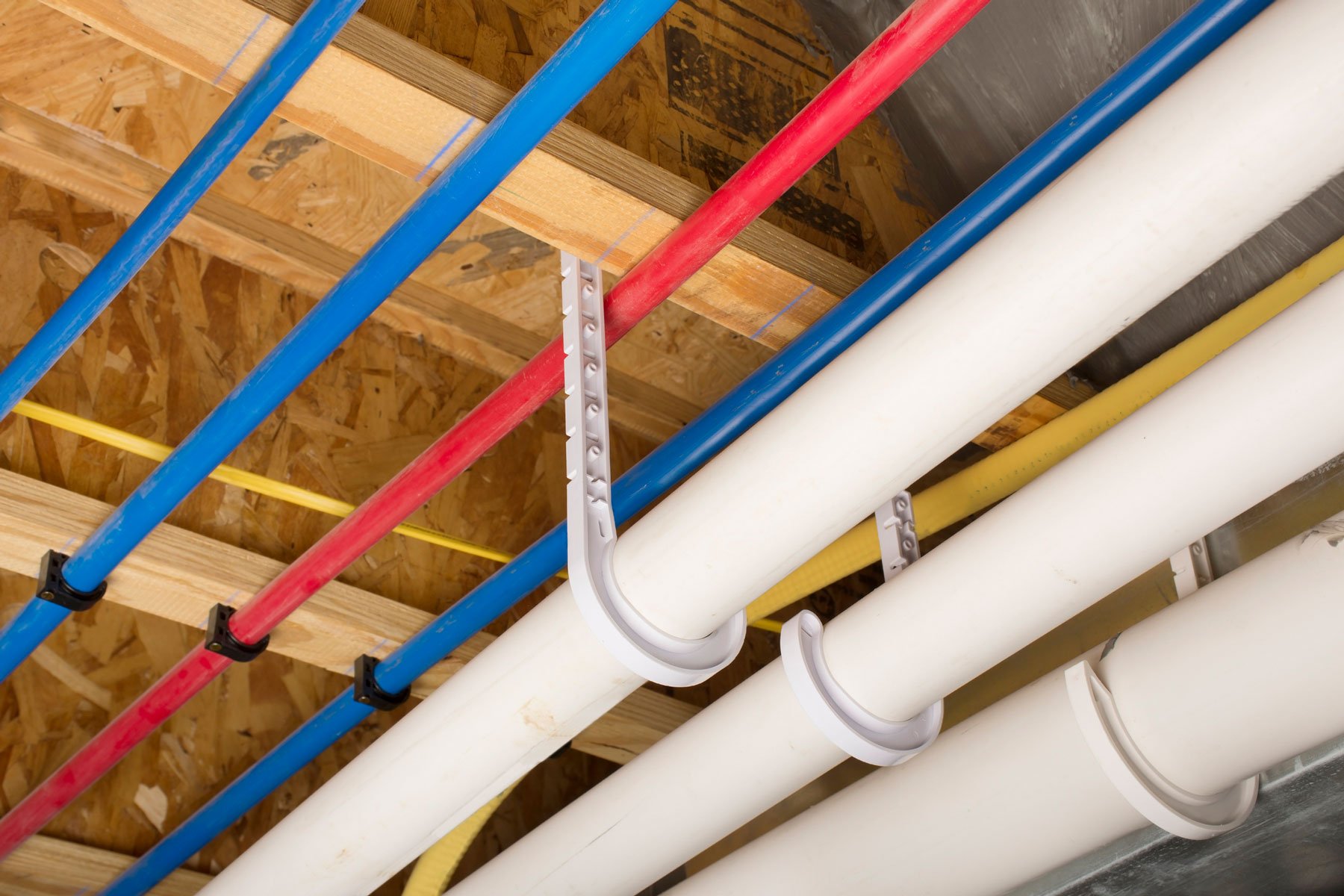
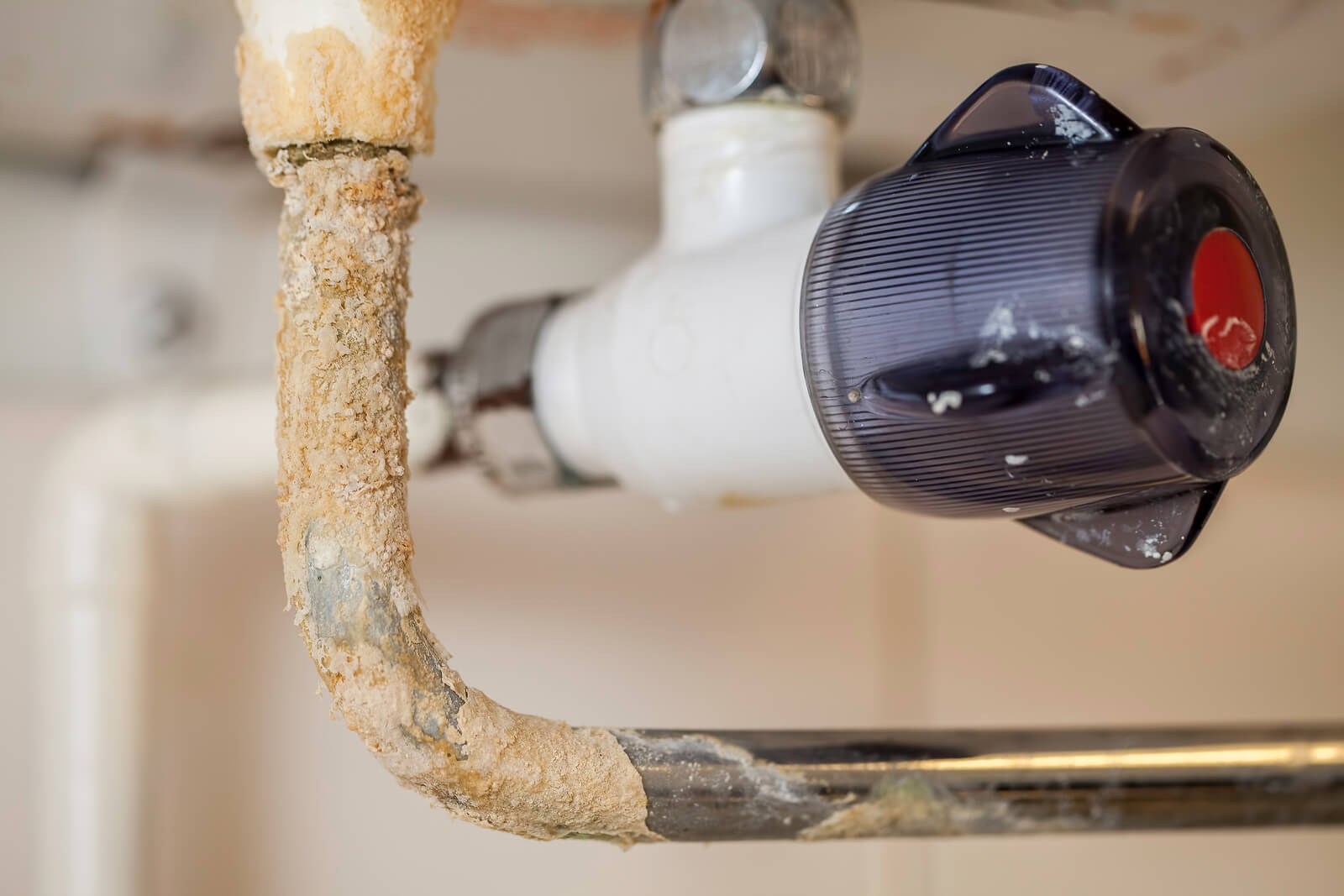


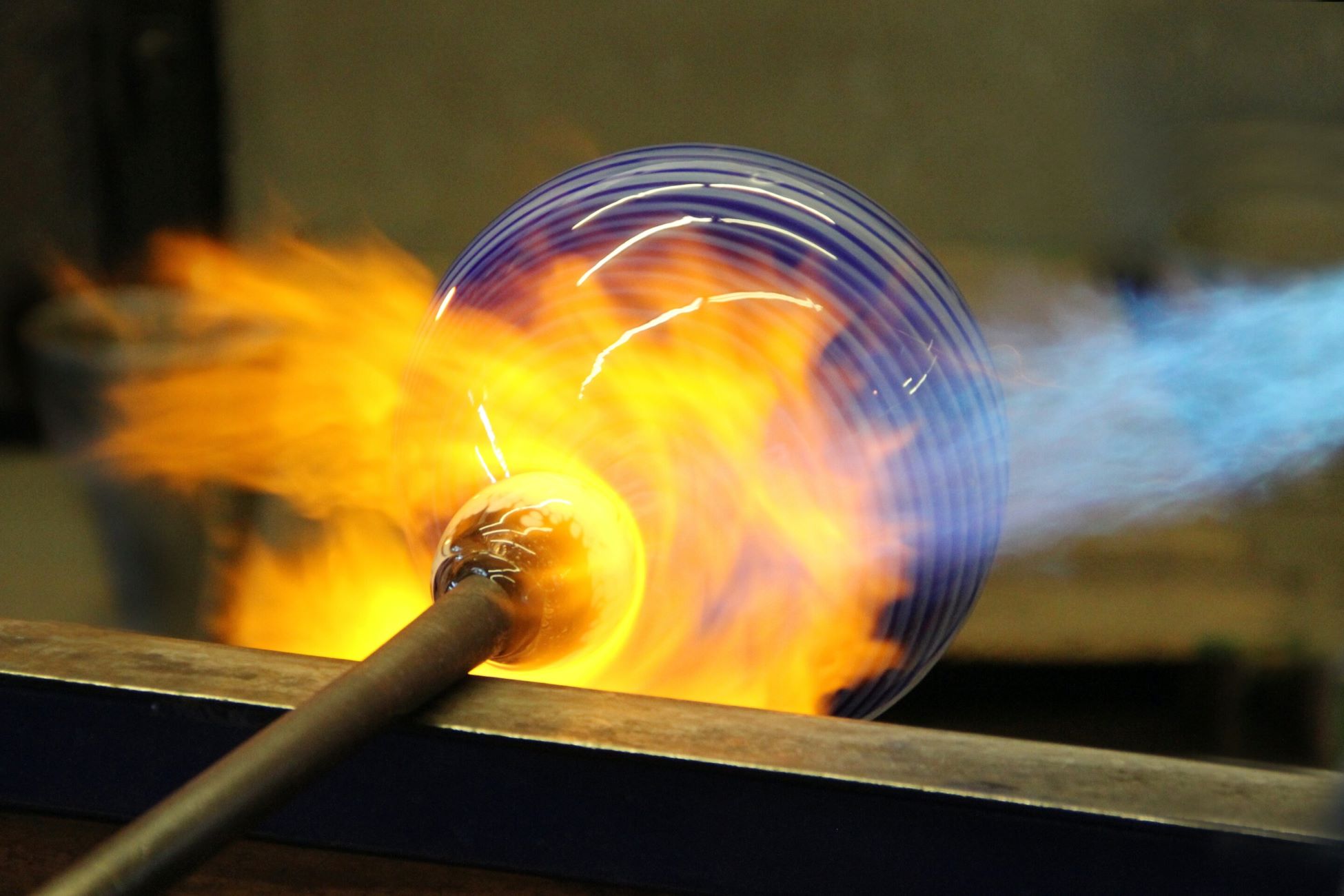








0 thoughts on “Where Did The Word Plumbing Come From”